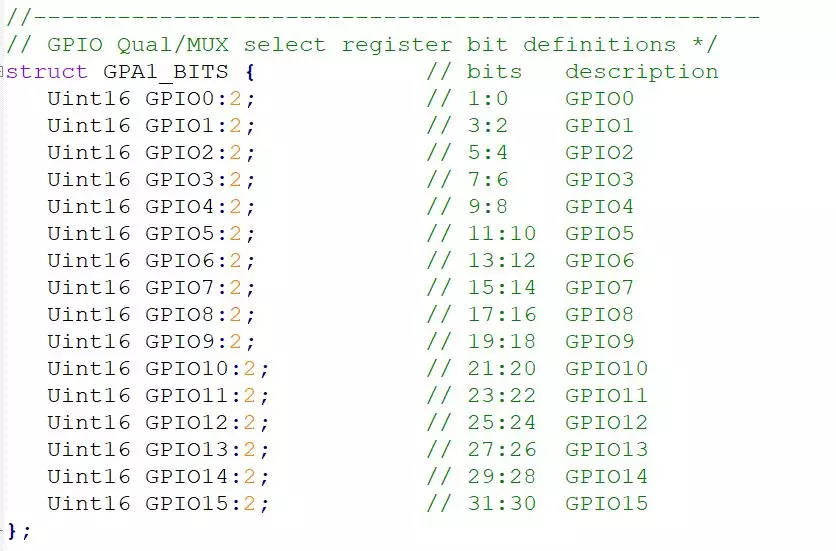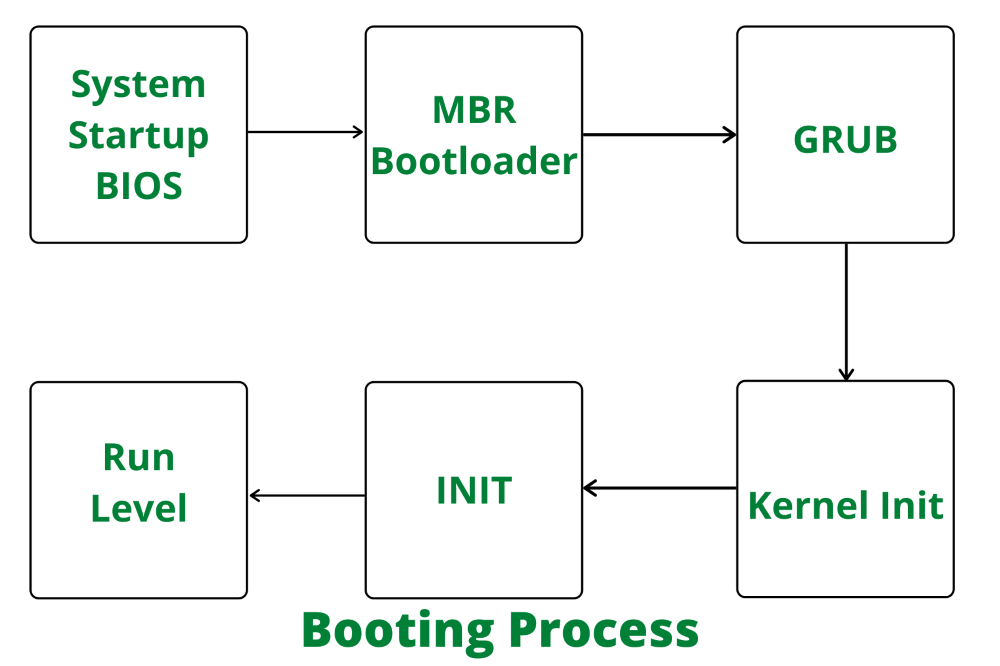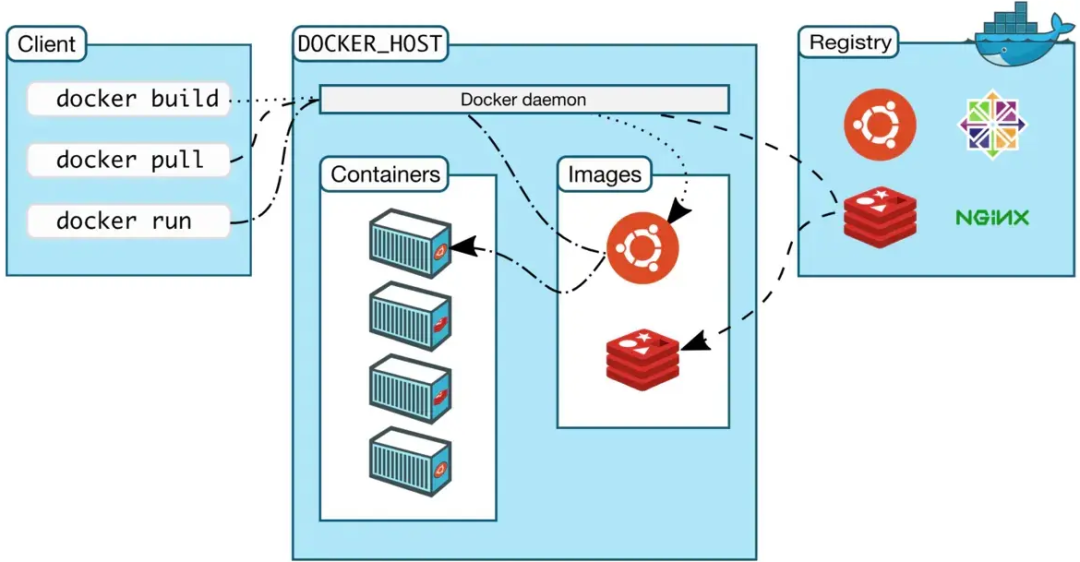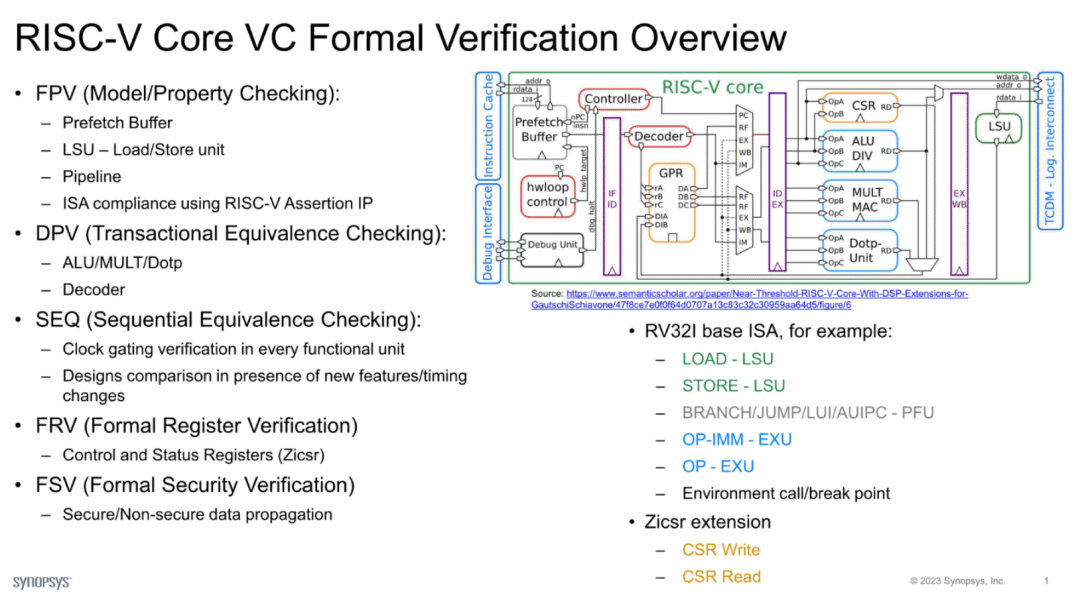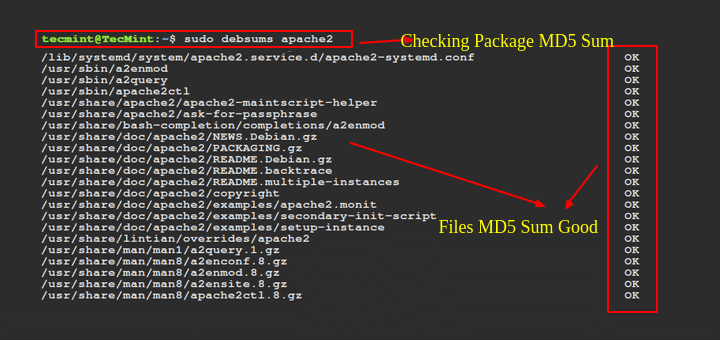Introduction
Start GDB by running the gdb command in a shell. After startup, GDB displays its banner and a prompt.
example gdb
GNU gdb (Ubuntu 8.1.1-0ubuntu1) 8.1.1
Copyright (C) 2018 Free Software Foundation, Inc.
License GPLv3+: GNU GPL version 3 or later <http://gnu.org/licenses/gpl.html>
This is free software: you are free to change and redistribute it.
There is NO WARRANTY, to the extent permitted by law. Type "show copying"
and "show warranty" for details.
This GDB was configured as "x86_64-linux-gnu".
Type "show configuration" for configuration details.
For bug reporting instructions, please see:
<http://www.gnu.org/software/gdb/bugs/>.
Find the GDB manual and other documentation resources online at:
<http://www.gnu.org/software/gdb/documentation/>.
For help, type "help".
Type "apropos word" to search for commands related to "word".
(gdb)
Example C Program
#include <stdio.h>
int minus(int a,int b){
printf("In minus():n");
int c = a-b;
return c;
}
int sum(int a, int b) {
printf("In sum():n");
int c = a+b;
return c;
}
void print(int xx, int *xxptr) {
printf("In print():n");
printf(" xx is %d and is stored at %p.n", xx, &xx);
printf(" ptr points to %p which holds %d.n", xxptr, *xxptr);
int c = sum(2,3);
int d = minus(3,2);
}
int main(void) {
int x = 10;
int *ptr = &x;
printf("In main():n");
printf(" x is %d and is stored at %p.n", x, &x);
printf(" ptr points to %p which holds %d.n", ptr, *ptr);
print(x, ptr);
return 0;
}
Breakpoints
Set breakpoints by function name, line number, file:line, address, or offset. When the program reaches a breakpoint it will pause so you can inspect variables, view the stack, adjust breakpoints, or restart. The break command can be abbreviated to b.
Format
break <location>
Examples
(gdb) b main
Breakpoint 1 at 0x758: file gdb_example.c, line 9.
Location examples
break <function-name>
break <line-number>
break <file>:<line-number>
break <file>:<function-name>
break +<offset>
break -<offset>
break *<address>
Example session
(gdb) b print
Breakpoint 2 at 0x709: file gdb_example.c, line 4.
(gdb) b gdb_example.c:5
Breakpoint 3 at 0x715: file gdb_example.c, line 5.
(gdb) b +3
Note: breakpoint 2 also set at pc 0x709.
Breakpoint 4 at 0x709: file gdb_example.c, line 4.
(gdb) b *0x709
Note: breakpoints 2 and 4 also set at pc 0x709.
Breakpoint 5 at 0x709: file gdb_example.c, line 4.
(gdb)
Verify breakpoints with info break
(gdb) info break
Num Type Disp Enb Address What
1 breakpoint keep y 0x0000000000000758 in main at gdb_example.c:9
2 breakpoint keep y 0x0000000000000709 in print at gdb_example.c:4
3 breakpoint keep y 0x0000000000000715 in print at gdb_example.c:5
4 breakpoint keep y 0x0000000000000709 in print at gdb_example.c:4
5 breakpoint keep y 0x0000000000000709 in print at gdb_example.c:4
Stack Frames (Backtrace)
Use backtrace (bt) to show the call stack when execution is paused. Aliases include where and info stack (info s).
Basic
backtrace
bt
Show a limited number of frames
backtrace N
bt N # show the first N frames
backtrace -N
bt -N # show the last N frames
Full frames
backtrace full
bt full
backtrace full N
bt full N
backtrace full -N
bt full -N
Example
(gdb) b 4
Breakpoint 1 at 0x714: file gdb_example.c, line 4.
(gdb) r
Starting program: /home/zhongyi/code/example/gdb_example
In main():
x is 10 and is stored at 0x7fffffffe2fc.
ptr points to 0x7fffffffe2fc which holds 10.
In print():
xx is 10 and is stored at 0x7fffffffe2cc.
ptr points to 0x7fffffffe2fc which holds 10.
In sum():
In minus():
Breakpoint 1, minus (a=3, b=2) at gdb_example.c:4
4 int c = a-b;
# Show backtrace
(gdb) bt
#0 minus (a=3, b=2) at gdb_example.c:4
#1 0x00005555555547c0 in print (xx=10, xxptr=0x7fffffffe2fc) at gdb_example.c:17
#2 0x0000555555554841 in main () at gdb_example.c:28
# Show only first 2 frames
(gdb) bt 2
#0 minus (a=3, b=2) at gdb_example.c:4
#1 0x00005555555547c0 in print (xx=10, xxptr=0x7fffffffe2fc) at gdb_example.c:17
(More stack frames follow...)
Printing Variables
Use print (p) to display variables or expressions.
print <expression>
(gdb) p x
$1 = 10
(gdb) p ptr
$2 = (int *) 0x7fffffffe2fc
Registers
Show registers with info reg
(gdb) info reg
rax 0xc 12
rbx 0x0 0
rcx 0x7ffff7af2104 140737348837636
rdx 0x7ffff7dcf8c0 140737351841984
rsi 0x555555756260 93824994337376
rdi 0x1 1
rbp 0x7fffffffe310 0x7fffffffe310
rsp 0x7fffffffe2f0 0x7fffffffe2f0
r8 0x7ffff7fe14c0 140737354011840
r9 0x0 0
r10 0x0 0
r11 0x246 582
r12 0x5555555545f0 93824992232944
r13 0x7fffffffe3f0 140737488348144
r14 0x0 0
r15 0x0 0
rip 0x555555554841 0x555555554841 <main+123>
eflags 0x202 [ IF ]
cs 0x33 51
ss 0x2b 43
ds 0x0 0
es 0x0 0
fs 0x0 0
gs 0x0 0
Print a variable with a specific format:
p/<format> <variable>
Format options:
| Format | Description |
|---|---|
| x | Display as hexadecimal |
| d | Display as signed decimal |
| u | Display as unsigned decimal |
| o | Display as octal |
| t | Display as binary |
| a | Display as address |
| c | Display as ASCII character |
| f | Floating point |
| s | Display as string |
| i | Display as machine instruction (only for x command) |
Memory Display
Use the x command to examine memory.
x/<format> <address>
Examples
(gdb) x $r12
0x5555555545f0 <_start>: xor %ebp,%ebp
(gdb) x $r8
0x7ffff7fe14c0: rclb $0xf7,(%rsi,%rdi,8)
Disassembly
Use disassemble to show assembly instructions.
disassemble
disassemble <program-counter>
disassemble <start-address> <end-address>
Formats: 1 disassembles the current function, 2 disassembles the function containing the program counter, 3 disassembles a specified address range.
(gdb) disassemble
Dump of assembler code for function sum:
0x0000555555554722 <+0>: push %rbp
0x0000555555554723 <+1>: mov %rsp,%rbp
0x0000555555554726 <+4>: sub $0x20,%rsp
0x000055555555472a <+8>: mov %edi,-0x14(%rbp)
0x000055555555472d <+11>: mov %esi,-0x18(%rbp)
0x0000555555554730 <+14>: lea 0x1bd(%rip),%rdi # 0x5555555548f4
0x0000555555554737 <+21>: callq 0x5555555545b0 <puts@plt>
=> 0x000055555555473c <+26>: mov -0x14(%rbp),%edx
0x000055555555473f <+29>: mov -0x18(%rbp),%eax
0x0000555555554742 <+32>: add %edx,%eax
0x0000555555554744 <+34>: mov %eax,-0x4(%rbp)
0x0000555555554747 <+37>: mov -0x4(%rbp),%eax
0x000055555555474a <+40>: leaveq
0x000055555555474b <+41>: retq
End of assembler dump.
Stepping
next # execute one source line, skipping over function calls
step # step into function calls
nexti # next instruction (assembly)
stepi # step into instruction (assembly)
Continue
Resume execution.
continue
continue <count>
Using a count tells GDB to ignore breakpoints for that many stops. For example, continue 5 will ignore the next 5 breakpoint hits and stop on the 6th.
Watchpoints
Monitor expressions for changes.
watch <expression> # stop when expression value changes
awatch <expression> # stop on read or write
rwatch <expression> # stop on read
Example
(gdb) watch c
Hardware watchpoint 2: c
(gdb) c
Continuing.
Hardware watchpoint 2: c
Old value = 21845
New value = 5
sum (a=2, b=3) at gdb_example.c:10
10 return c;
Deleting Breakpoints or Watchpoints
delete <number>
<number> refers to the breakpoint or watchpoint index.
Example
(gdb) info b
Num Type Disp Enb Address What
1 breakpoint keep y 0x000055555555473c in sum at gdb_example.c:9
breakpoint already hit 1 time
2 hw watchpoint keep y c
breakpoint already hit 1 time
(gdb) delete 2
(gdb) info b
Num Type Disp Enb Address What
1 breakpoint keep y 0x000055555555473c in sum at gdb_example.c:9
breakpoint already hit 1 time
Change Variable Values
set variable <variable>=<expression>
Example
(gdb) p c
$1 = 5
(gdb) set variable c=0
(gdb) p c
$2 = 0
Generate Core Dump
Generate a core file of the debugged process to analyze later. From inside GDB:
(gdb) generate-core-file
warning: Memory read failed for corefile section, 4096 bytes at 0xffffffffff600000.
Saved corefile core.2380
Or from the shell (without stopping the program):
gcore <pid>
Core files are useful for offline analysis or for sending to another machine for debugging.
Conditional Breakpoints
break <location> if <condition>
The breakpoint will pause execution only when the condition evaluates to true.
condition <break-number>
condition <break-number> <condition>
The first form removes a condition from a breakpoint; the second sets a condition.
Ignore and Repeat
ignore <break-number> <count>
Ignore the specified breakpoint or watchpoint for the next count hits.
continue <count>
step <count>
stepi <count>
next <count>
nexti <count>
finish
until
until <address>
finish runs until the current function returns. until runs until the current loop or code block completes; it is commonly used to exit loops.
Clear, Disable, Enable Breakpoints
clear
clear <function-name>
clear <line-number>
clear <file>:<line-number>
clear <file>:<function-name>
delete [breakpoints] <break-number>
clear deletes defined breakpoints.
disable [breakpoints]
disable [breakpoints] <break-number>
disable display <display-number>
disable mem <memory-region>
disable temporarily disables breakpoints. The display and mem variants disable display or memory watch regions defined earlier.
enable
enable [breakpoints] <break-number>
enable [breakpoints] once <break-number>
enable [breakpoints] delete <break-number>
enable disable display <display-number>
enable mem <memory-region>
once enables a breakpoint for a single hit. delete removes the breakpoint after it is hit and execution is paused.
Breakpoint Commands
Associate a set of commands with a breakpoint. Commands run automatically when the breakpoint is hit.
commands <break-number>
<command>
...
end
Example
(gdb) b 17
Breakpoint 3 at 0x5555555547b1: file gdb_example.c, line 17.
(gdb) command 3
Type commands for definition of "3", one per line.
End with a line saying just "end".
>p c
>end
(gdb) r
Starting program: /home/zhongyi/code/example/gdb_example -e 'p 1'
In main():
x is 10 and is stored at 0x7fffffffe2ec.
ptr points to 0x7fffffffe2ec which holds 10.
In print():
xx is 10 and is stored at 0x7fffffffe2bc.
ptr points to 0x7fffffffe2ec which holds 10.
In sum():
Breakpoint 3, print (xx=10, xxptr=0x7fffffffe2ec) at gdb_example.c:17
17 int d = minus(3,2);
$1 = 5
Combined with conditional breakpoints, breakpoint commands enable complex automated debugging actions.
Common Commands and Abbreviations
| Command | Abbreviation | Description |
|---|---|---|
| backtrace | bt / where | Show call stack |
| break | b | Set breakpoint |
| continue | c / cont | Resume execution |
| delete | d | Delete breakpoint |
| finish | Run until function returns | |
| info breakpoints | Show breakpoint info | |
| next | n | Execute next source line |
| p | Print expression | |
| run | r | Run program |
| step | s | Step into function |
| x | Examine memory | |
| until | u | Run until a specified line |
| directory | dir | Add source directory |
| disable | dis | Disable breakpoint |
| down | do | Select lower stack frame |
| edit | e | Edit file or function |
| frame | f | Select frame to inspect |
| forward-search | fo | Search forward |
| generate-core-file | gcore | Generate core dump |
| help | h | Show help |
| info | i | Show information |
| list | l | List source lines |
| nexti | ni | Next instruction (assembly) |
| print-object | po | Print object info |
| sharedlibrary | share | Load shared library symbols |
| stepi | si | Step one instruction |
Value History
Values printed with the print command are stored in an internal value history and can be referenced in other expressions.
Example
(gdb) b 16
Breakpoint 1 at 0x79f: file gdb_example.c, line 16.
(gdb) b 17
Breakpoint 2 at 0x7b1: file gdb_example.c, line 17.
(gdb) b 29
Breakpoint 3 at 0x841: file gdb_example.c, line 29.
(gdb) r
Starting program: /home/zhongyi/code/example/gdb_example
In main():
x is 10 and is stored at 0x7fffffffe2fc.
ptr points to 0x7fffffffe2fc which holds 10.
In print():
xx is 10 and is stored at 0x7fffffffe2cc.
ptr points to 0x7fffffffe2fc which holds 10.
Breakpoint 1, print (xx=10, xxptr=0x7fffffffe2fc) at gdb_example.c:16
16 int c = sum(2,3);
(gdb) p c
$1 = 1431651824
(gdb) c
Continuing.
In sum():
Breakpoint 2, print (xx=10, xxptr=0x7fffffffe2fc) at gdb_example.c:17
17 int d = minus(3,2);
(gdb) p c
$2 = 5
(gdb) c
Continuing.
In minus():
Breakpoint 3, main () at gdb_example.c:29
29 return 0;
Refer to the last printed values using $ notation.
Show recent values with show values (displays the last 10 values by default).
(gdb) show values
$1 = 1431651824
$2 = 5
$3 = 10
$4 = 10
| Variable | Description |
|---|---|
| $ | The most recent value in the value history |
| $n | The nth value in the value history |
| $$ | The second most recent value |
| $$n | The n'th value from the end of the history |
| $_ | The last address shown by the x command |
| __ | The value at the last address shown by x |
| _exitcode | Return code of the debugged program |
| $bpnum | The number of the last set breakpoint |
You can define your own variables that start with $. They can include letters and digits.
Command History
GDB stores command history. The default history file is ~/.gdb_history. You can control history behavior with these commands:
set history expansion
show history expansion
Supports csh-style ! expansion.
set history filename <filename>
show history filename
Use the history filename setting to change the file used for saving history. The environment variable GDBHISTFILE can also override the default.
set history save
show history save
Enable saving and restoring of command history.
set history size <number>
show history size
Set the number of commands saved in history (default 256).
Initialization File (.gdbinit)
On Linux, GDB uses a .gdbinit file. If present, GDB runs it as a command file at startup. Typical order:
$HOME/.gdbinit
then command-line options
then ./.gdbinit
and files specified with -x option are loaded
Define Custom Commands
Use define to create custom commands. Use document to add documentation for a custom command; help <command> shows the documentation.
define <command-name>
<command>
...
end
document <command-name>
<documentation>
end
help <command-name>
Example: Define command li
(gdb) define li
Type commands for definition of "li".
End with a line saying just "end".
>x/10i $rbp
>end
(gdb) document li
Type documentation for "li".
End with a line saying just "end".
>list machine instruction
>end
(gdb) li
0x7fffffffe310: (bad)
0x7fffffffe311: rex.W push %rbp
0x7fffffffe313: push %rbp
0x7fffffffe314: push %rbp
0x7fffffffe315: push %rbp
0x7fffffffe316: add %al,(%rax)
0x7fffffffe318: xchg %edi,(%rax,%riz,4)
0x7fffffffe31b: idiv %edi
0x7fffffffe31d: jg 0x7fffffffe31f
0x7fffffffe31f: add %al,(%rcx)
Summary
This article provides a concise overview of commonly used GDB commands and scripting features. For deeper coverage, see the GDB manual chapter on Extending GDB.
 ALLPCB
ALLPCB


